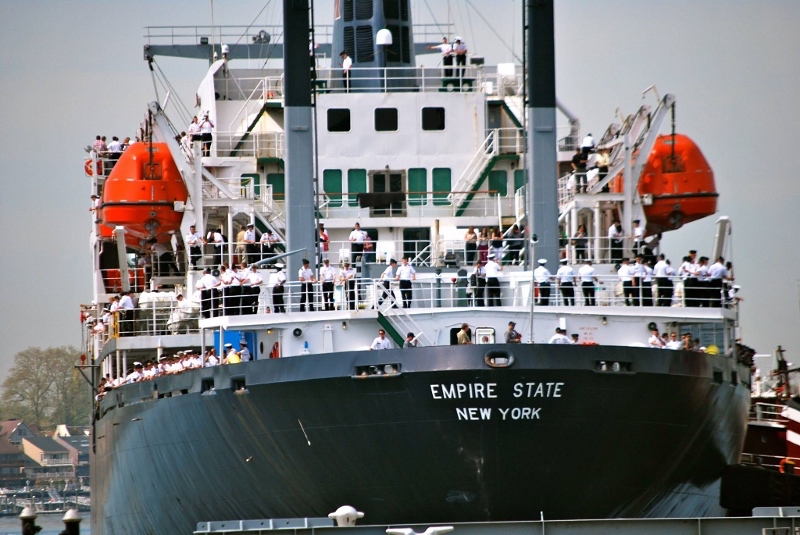What is an ordinary vessel? The term comes up in an interesting court decision involving a cook and a training ship. The decision deals with the amount of time needed to make someone a seaman in the eyes of the law. This is an important issue in Jones Act cases.
As many readers know, the Jones Act provides legal rights for injured seamen. Someone must demonstrate close ties with a vessel to be entitled to these rights. On oceangoing cargo ships or inland towboats where crewmembers are aboard for long stretches of time, this issue is usually a no-brainer. The general guideline in the industry is that someone who spends about 30% of their time in the service of a vessel is a seaman for the purposes of the Jones Act.
This issue came up in a federal lawsuit involving a cook aboard the training ship of a state maritime academy. She was injured while working in the galley. The academy sought a judgment that it was not obligated to pay her maintenance and cure. Maintenance and cure are maritime terms for living expenses and medical expenses.
In response, the cook brought counterclaims against the academy and cross claims against the food service company. When originally hired, the cook started out working in the school’s shoreside cafeteria. She eventually obtained a merchant mariner credential, TWIC card, and satisfied requirements for drug testing and fitness to go to sea.
Starting in 2009, she went to sea with the training ship and served on annual cruises until she was injured during the 2016 summer cruise. She had clocked a total of 4,628.6 hours at sea and additional hours in the time periods prepping the ship for training cruises. The judge on the case concluded the cook met the test for spending about 30% of her time in the service of the vessel.
In her decision, the judge wrote that the 30% rule is for the “ordinary case.” She added that a training ship is not an “ordinary vessel.” It leaves port only once or twice a year. This is in contrast to cargo ships that spend most of their time at sea. She found that the cook exposed herself to the perils of the sea. She established a connection to the training ship that was substantial in terms of duration and nature. Therefore, the cook was deemed a seaman under the Jones Act and that the food service company was her employer.





